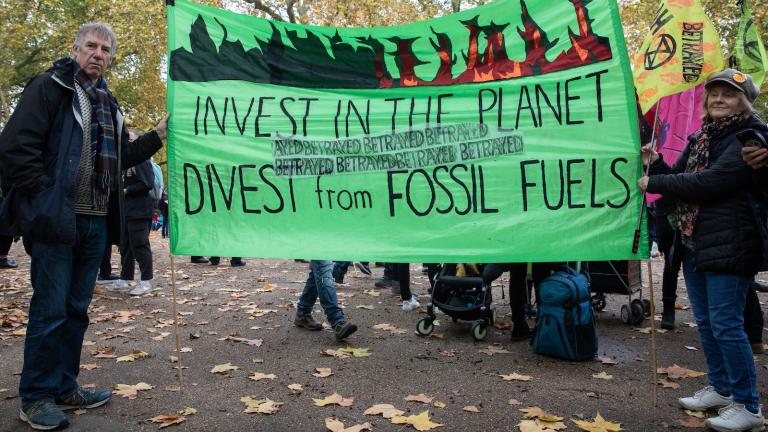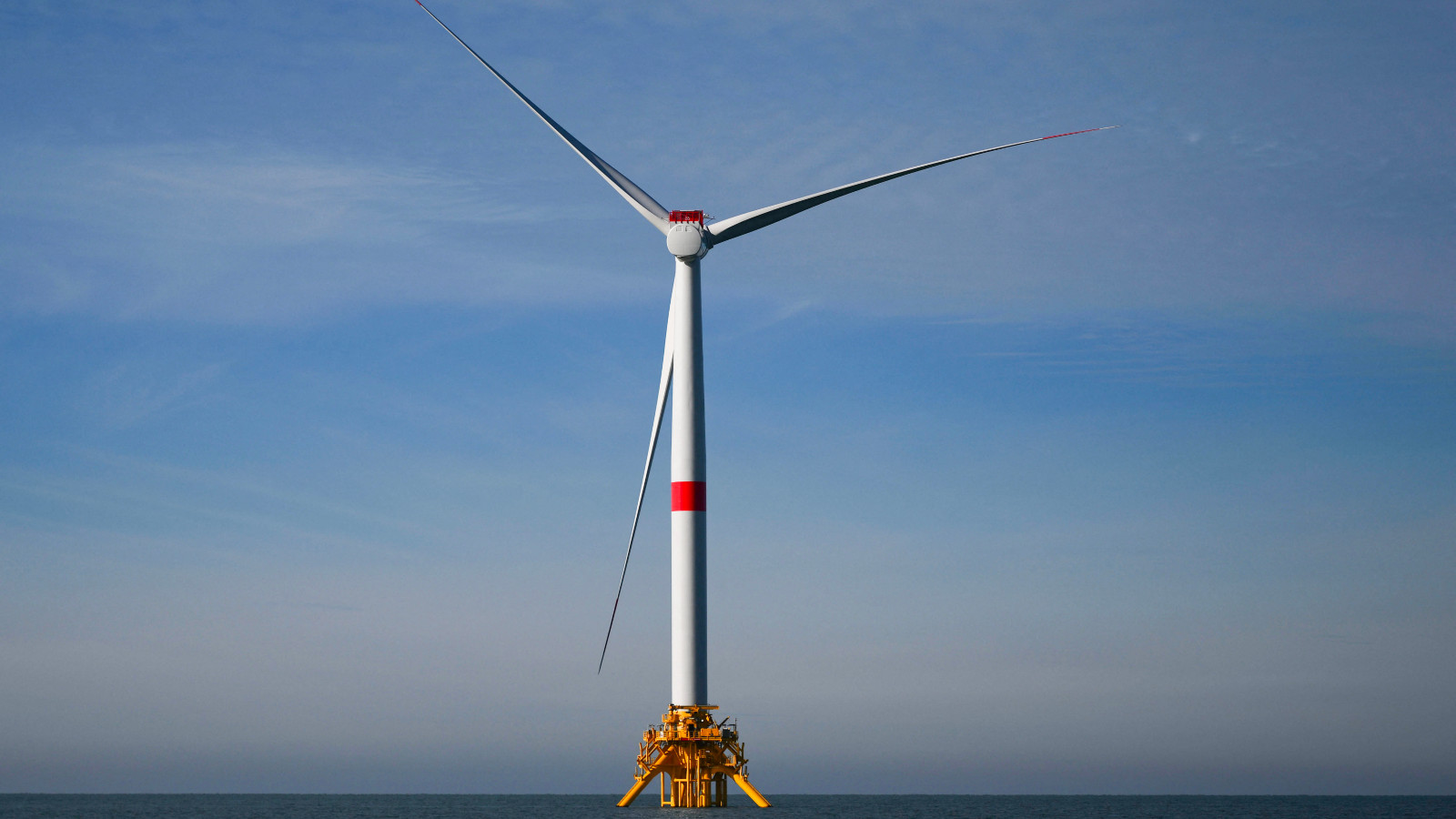Every year, hundreds to thousands of megawatts’ worth of wind turbines across the United States get a facelift. These aging turbines have their rotors swapped out, their blades replaced, and key components like the generator upgraded in order to enhance the machines’ ability to produce electricity from wind. This process is known as “repowering.” Included among the components that sometimes get replaced are magnets made with rare-earth elements like neodymium and dysprosium, which also play essential roles inside smartphones, laptops, and electric car motors.
The wide range of applications for rare-earth minerals translates into a lot of potential ways to repurpose the ingredients from spent wind turbine magnets. But today, most of these magnets wind up in landfills. It’s estimated that less than 1 percent of rare earths are recycled globally — from wind turbines, dead hard drives, and everything else.
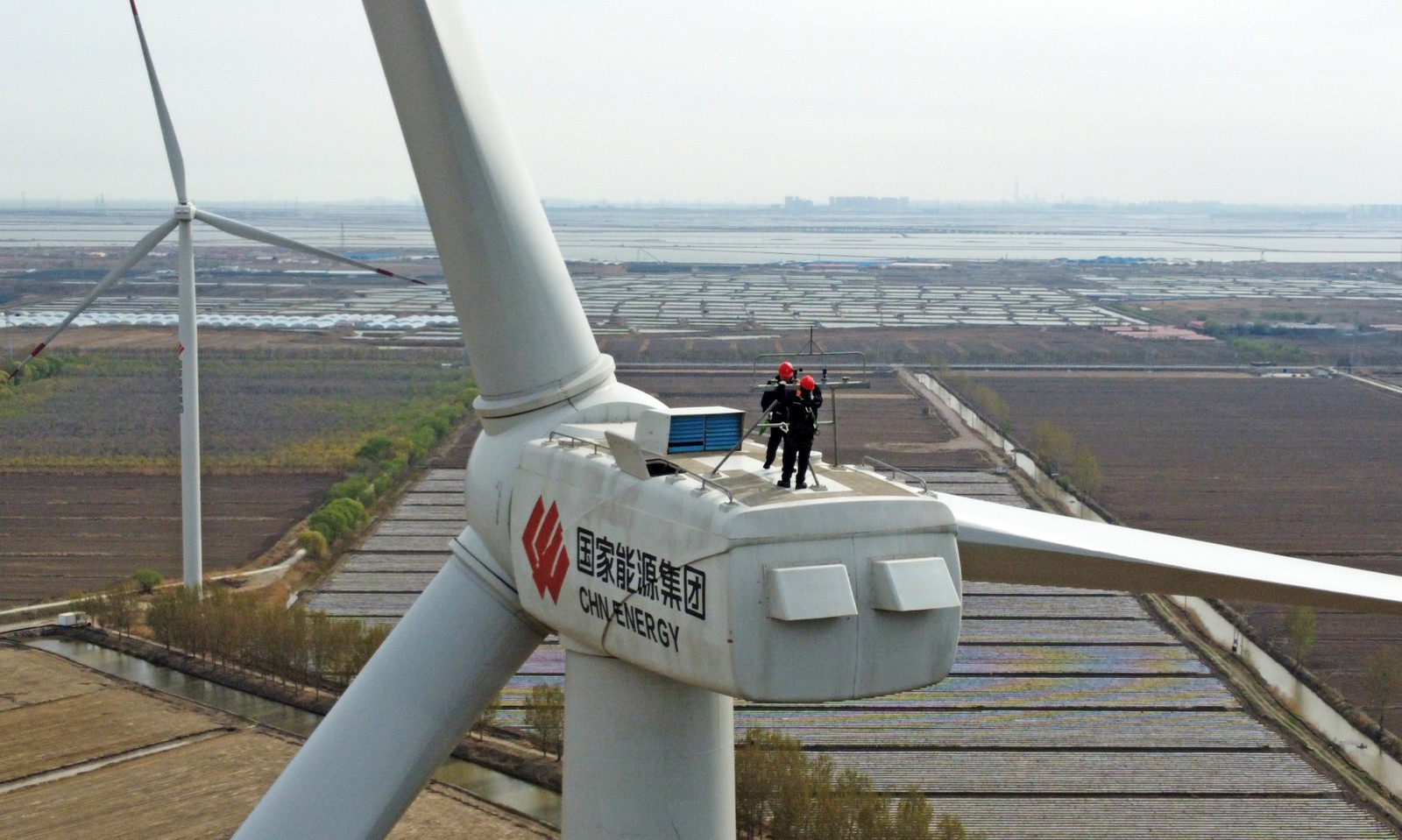
The U.S. government, fearing a future rare-earth supply crunch that could hold back the energy transition, wants to change that. In January, the Department of Energy, or DOE, announced 20 winners of the first phase of its $5.1 million “Wind Turbine Materials Recycling Prize.” Funded by the 2021 bipartisan infrastructure law, the prize seeks to develop “a cost-effective and sustainable recycling industry” for wind turbine components that aren’t being recycled commercially today, including wind turbine blades and the supersized magnets inside some generators. Each of the winning groups is receiving a $75,000 cash prize to help advance its recycling idea. If a team’s initial results are promising, it may go on to win an additional half a million dollars in cash, as well as a $100,000 voucher for technical assistance from a DOE national laboratory.
The end goal, said Tyler Christoffel, technology manager in the DOE’s Wind Energy Technologies Office, is to bring promising recycling ideas closer to commercialization “on a timeline that would impact clean energy deployment and our decarbonization goals.”
Rare-earth magnets are the strongest commercial magnets that exist today. They have a variety of uses, including electric vehicle motors and several types of wind turbine generators. Despite their importance for clean energy, mining and refining rare-earth elements is anything but green. Large volumes of earth must be moved in order to dig up these metals, and harsh chemicals are needed to concentrate and separate them. The environmental impacts of rare-earth mining, coupled with the expectation that global demand for rare-earth minerals will skyrocket in the coming decades, suggests we should be doing everything possible to recycle rare earths from old technology so they can be used again. Considering that the generators inside wind turbines can contain hundreds of pounds of rare-earth metals, it seems like a no-brainer for the wind industry to start recycling rare-earth magnets as soon as possible.
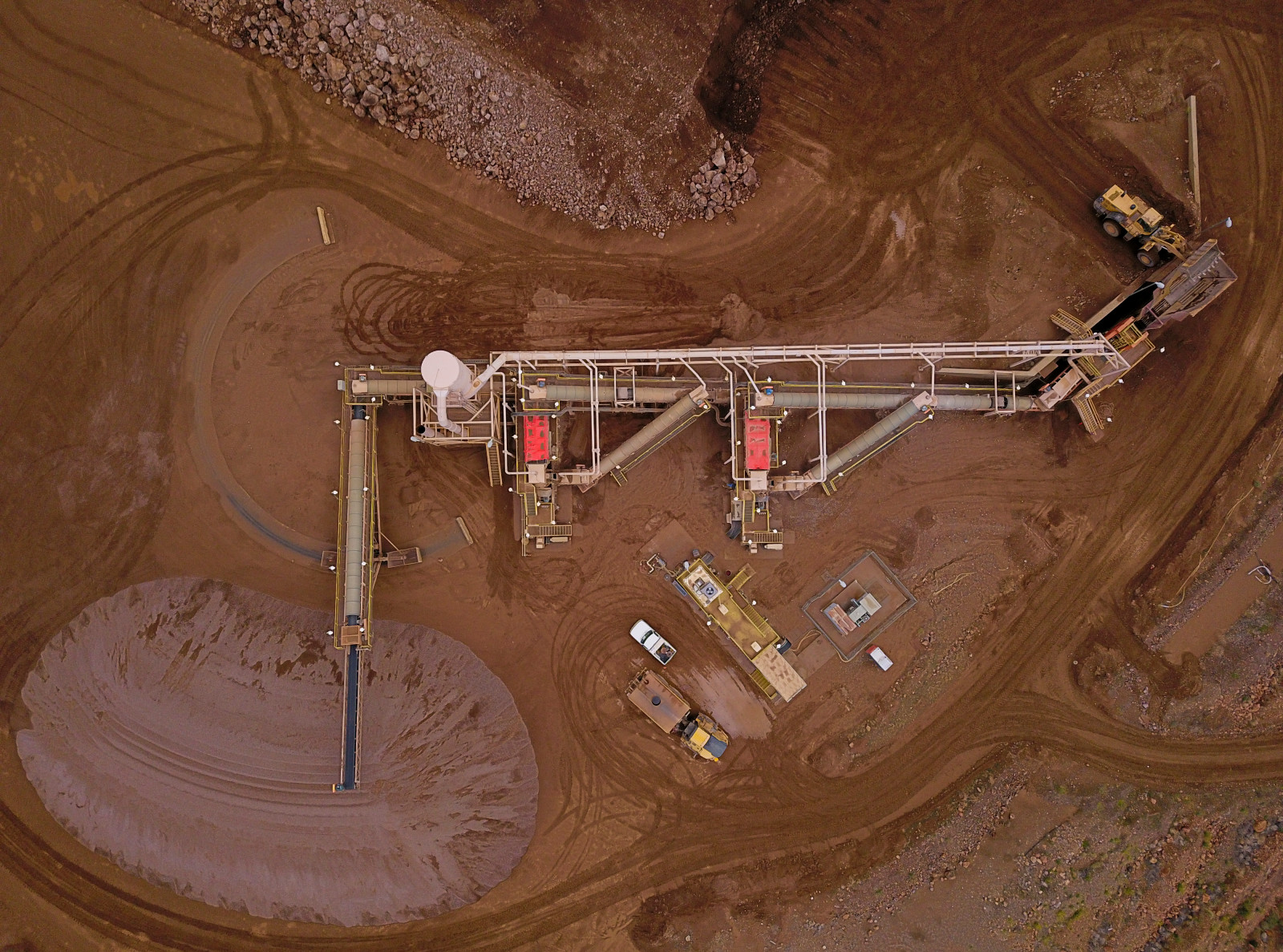
But that’s not what’s happening.
“Right now, to our understanding, essentially no rare-earth elements from wind are recycled,” Christoffel told Grist, citing the immaturity of rare earth recycling technology, the economic challenges that come with scaling up new recycling processes, and the limited quantity of spent turbine magnets in need of recycling today. As the U.S. continues to expand its land-based wind fleet and move offshore, where rare-earth-intensive generators are favored, the dearth of magnet recycling options will “become a much more pressing issue,” he said.
The DOE is hoping to get ahead of this problem through its new recycling prize.
Of the 20 teams that won an initial tranche of prize money last month, four are explicitly focused on magnet recycling. Christoffel said these teams were chosen because their recycling solutions seemed novel and promising, and because they demonstrated they were “capable of advancing the technologies to commercialization.” Additionally, most of these groups proposed cleaner and less energy-intensive alternatives to traditional metal recycling approaches.
“What this prize really helps to do is advance some of these recycling technologies that can offer a lower-emissions, lower-resource use [path] to a magnet,” Christoffel said.
For instance, in one process for recycling rare-earth magnets that’s previously been studied, magnet scrap is placed in a furnace at elevated temperatures and exposed to hydrogen gas in order to extract the metals. If the scrap has become highly corroded, or oxidized, an additional, emissions-intensive step called molten salt electrolysis may be required to convert those elements back into a metallic form. A phase-one prize-winning team from the University of Utah is pioneering a novel approach that relies on chemical reactions involving both hydrogen and magnesium at elevated temperatures to separate neodymium from magnet scrap and turn it back into a high-purity metal. With this process, recyclers are able to bypass molten salt electrolysis, considerably reducing both carbon emissions and energy usage.
“We have demonstrated the reaction, the concept, works” at a very small scale, project lead Zhigang Fang, a metallurgist at the University of Utah, told Grist. Over the next six months, the team plans to “scale up to a bigger quantity so that we can demonstrate … that this is a robust process that has the potential to be scaled up to a production scale.”
In another popular metal recycling approach, hydrometallurgy, recyclers often use strong acids to extract metals from scrap. Phase-one prize winner Critical Materials Recycling, Inc. is taking a greener twist on this approach with acid-free dissolution recycling, a method developed at Ames National Laboratory in which rare earths are extracted from magnets using a water-based solution.
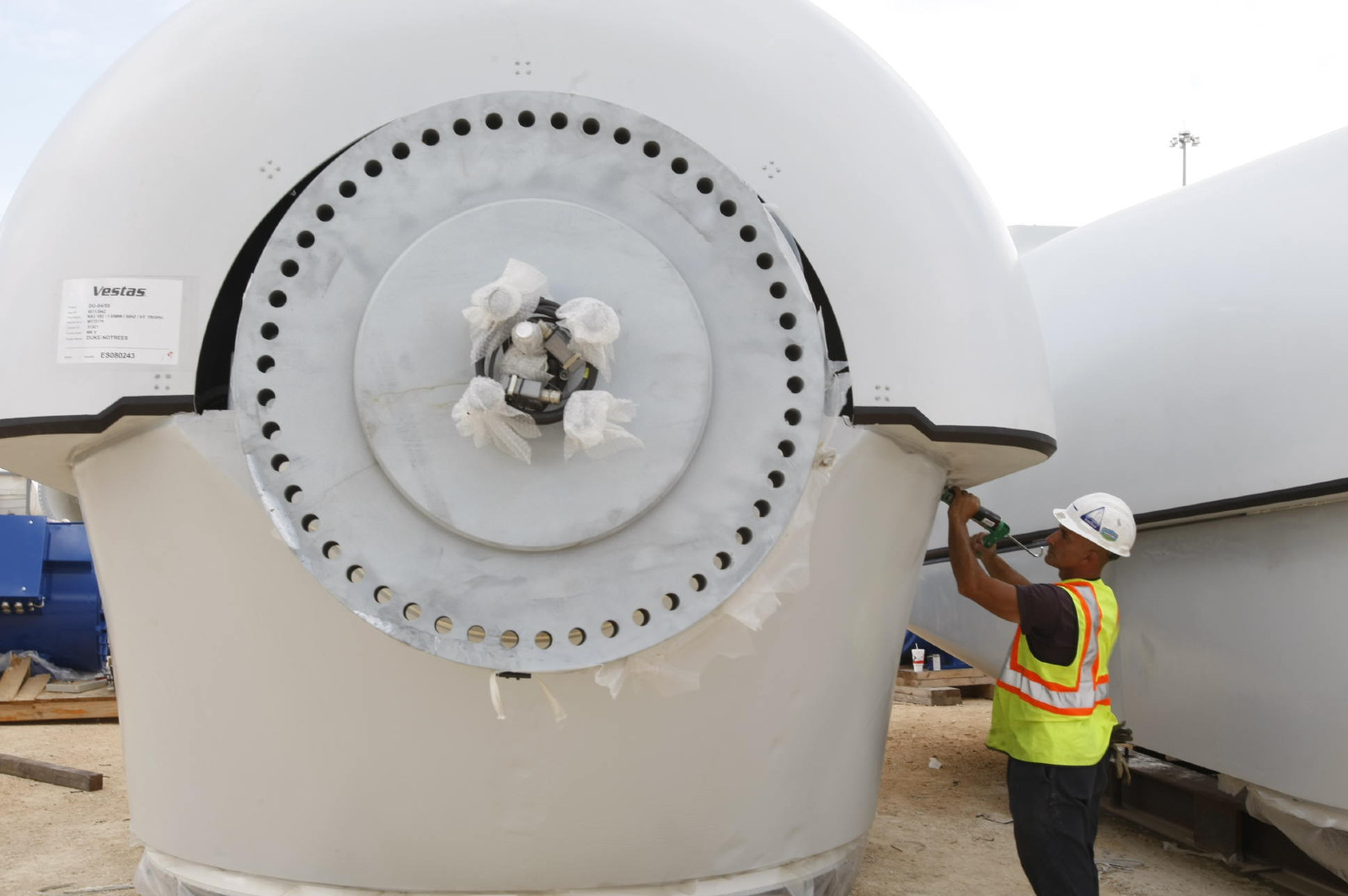
Critical Materials Recycling’s parent company, TdVib, signed a licensing agreement for the tech in 2021 and is in the process of spinning up a pilot plant that uses it to recycle rare earths from electronic waste. With the DOE’s support, Critical Materials Recycling will now explore the logistics and economics of setting up a domestic wind turbine magnet recycling industry. Eventually, with additional funding, the company hopes to actually start recycling magnets from turbines at a pilot scale using its technology.
Partnering with the wind industry “seemed like a natural fit” for Critical Materials Recycling, company CEO Daniel Bina told Grist. Bina noted that Iowa, where the company is headquartered, is the second biggest wind producer in the nation. “We should obviously be working with those people in our backyard to reclaim rare earths from materials that we have right here,” he said.
With phase one of the competition over, teams are now working on their phase-two submissions, which include a prototype demonstration of their technology and a detailed plan to scale it up further. Up to six teams will be eligible to win $500,000 phase-two prizes, which the DOE expects to announce in late summer or early fall, Christoffel said.
While the prize competition itself won’t result in a brand-new recycling industry, the DOE hopes to produce a suite of technologies that could serve as the foundation for commercial rare-earth magnet recycling from wind turbines. Currently, there aren’t a huge number of wind turbines that have reached the end of their estimated 30-year lifespan. But that will change in the coming decades. In the meantime, there are some magnets that could be recycled from turbines following repowering, plus additional scrap being produced during magnet fabrication.
“Hopefully, this kind of competition will bring more attention” to the fact that there are ways to recycle rare-earth magnets from wind turbines, said Linda Wang, who’s leading another prize-winning team at Purdue University that is developing a low-carbon, hydrogen-powered rare-earth recycling process. “We have the technology. … The companies who own the wind turbines should do some long-term planning to collect them, instead of ship[ping] them to landfills.”
